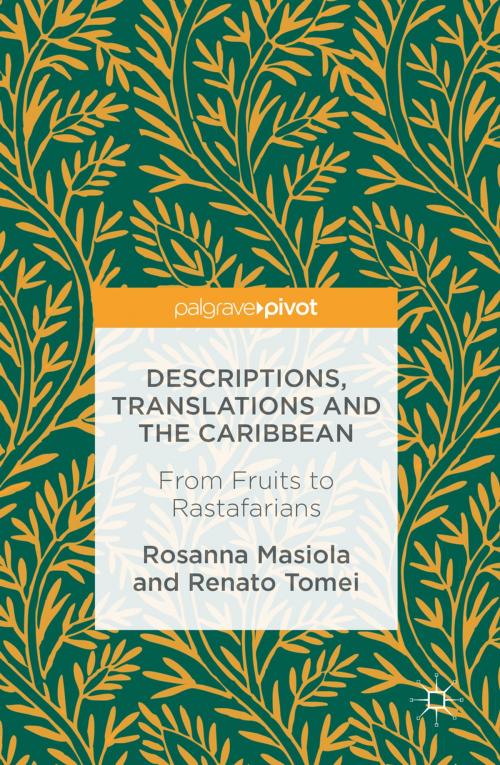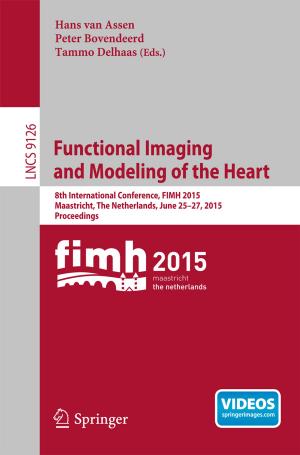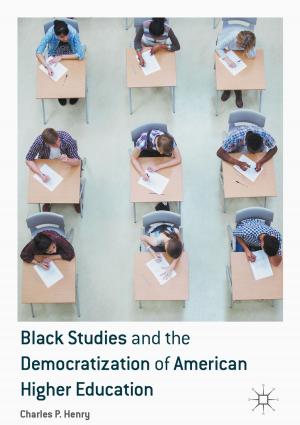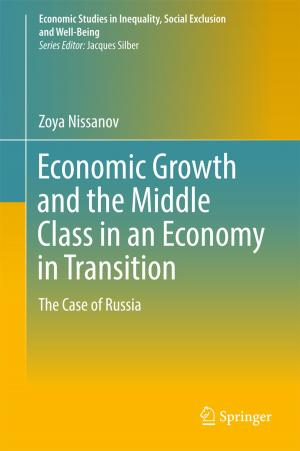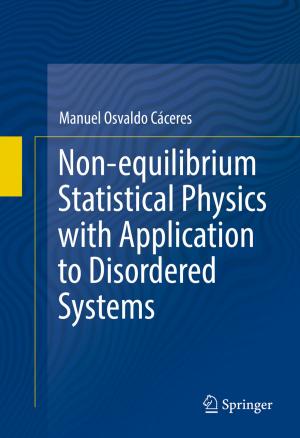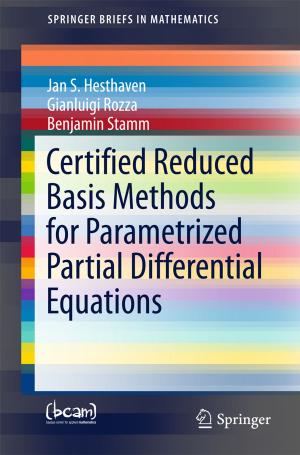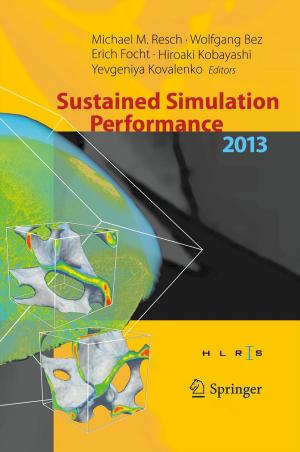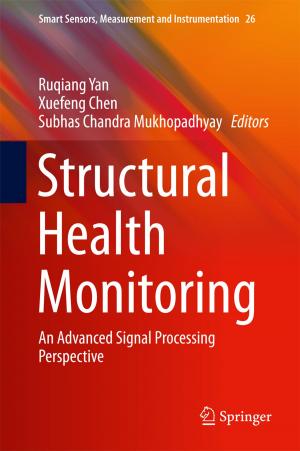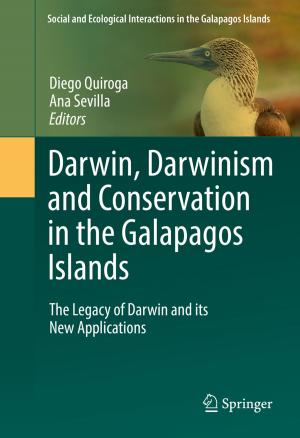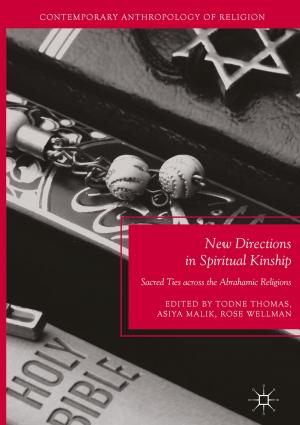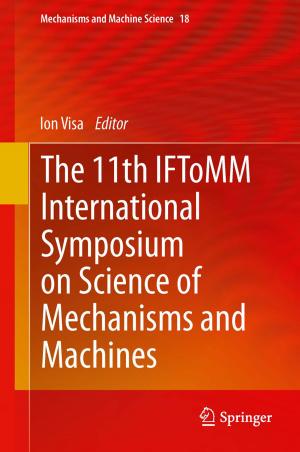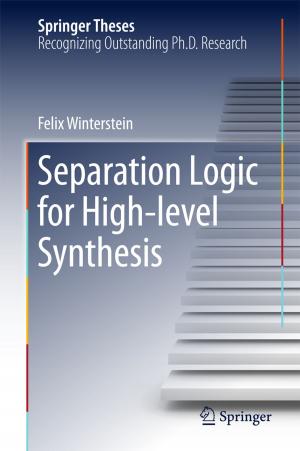Descriptions, Translations and the Caribbean
From Fruits to Rastafarians
Nonfiction, Reference & Language, Language Arts, Translating & Interpreting, Linguistics| Author: | Rosanna Masiola, Renato Tomei | ISBN: | 9783319409375 |
| Publisher: | Springer International Publishing | Publication: | October 12, 2016 |
| Imprint: | Palgrave Macmillan | Language: | English |
| Author: | Rosanna Masiola, Renato Tomei |
| ISBN: | 9783319409375 |
| Publisher: | Springer International Publishing |
| Publication: | October 12, 2016 |
| Imprint: | Palgrave Macmillan |
| Language: | English |
This book offers a new perspective on the role played by colonial descriptions and translation of Caribbean plants in representations of Caribbean culture. Through thorough examination of Caribbean phytonyms in lexicography, colonization, history, songs and translation studies, the authors argue that the Westernisation of vernacular phytonyms, while systematizing the nomenclature, blurred and erased the cultural tradition of Caribbean plants and medicinal herbs. Means of transmission and preservation of this oral culture was in the plantation songs and herb vendor songs. Musical creativity is a powerful form of resistance, as in the case of Reggae music and the rise of Rastafarians, and Bob Marley’s ‘untranslatable’ lyrics. This book will be of interest to scholars of Caribbean studies and to linguists interested in pushing the current Eurocentric boundaries of translation studies.
This book offers a new perspective on the role played by colonial descriptions and translation of Caribbean plants in representations of Caribbean culture. Through thorough examination of Caribbean phytonyms in lexicography, colonization, history, songs and translation studies, the authors argue that the Westernisation of vernacular phytonyms, while systematizing the nomenclature, blurred and erased the cultural tradition of Caribbean plants and medicinal herbs. Means of transmission and preservation of this oral culture was in the plantation songs and herb vendor songs. Musical creativity is a powerful form of resistance, as in the case of Reggae music and the rise of Rastafarians, and Bob Marley’s ‘untranslatable’ lyrics. This book will be of interest to scholars of Caribbean studies and to linguists interested in pushing the current Eurocentric boundaries of translation studies.
